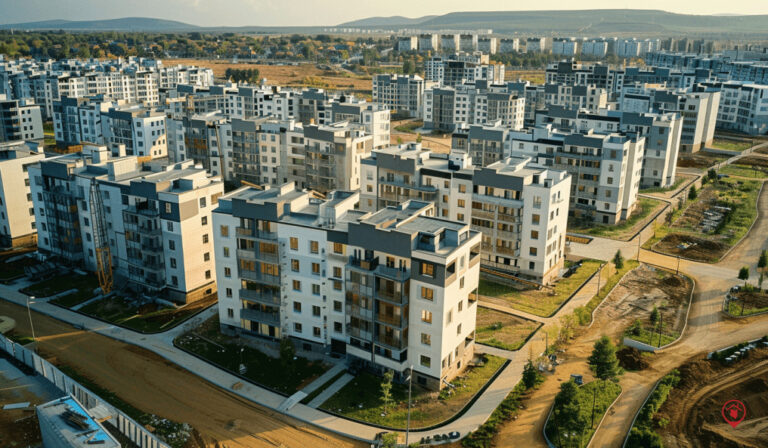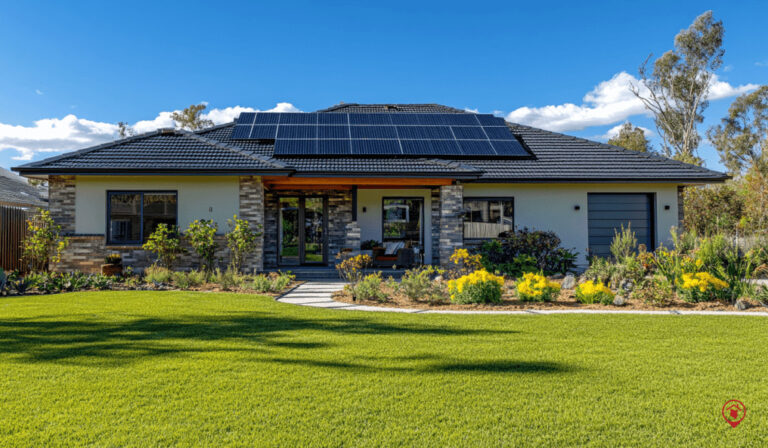How to Buy Property in Kenya as a Foreigner or Diaspora Investor
- With the economy expanding, infrastructure improving, and the population increasing, this growth was inevitable.
- In Kenya, land ownership is split into two main categories: freehold and leasehold.
- Buying property in Kenya as a foreigner or diaspora investor is not only possible, but also a smart way to tap into one of Africa’s fastest-growing markets.
Kenya’s real estate market has not slowed down when it comes to growth. With the economy expanding, infrastructure improving, and the population increasing, this growth was inevitable. A growing economy is like honey to flies, very attractive.
It’s no surprise that Kenya is often ranked among the top destinations for both foreigners and diaspora investors. And while there are many ways to invest, property stands out. From apartments to townhouses to gated communities, the choices are plenty.
Which brings us to the big question: how do you buy property in Kenya wisely and safely?
READ ALSO: Own Land in Kenya: What Foreigners Need to Know to Buy Land
Can A Foreigner Own Property in Kenya?
This is usually the first question any foreigner or Kenyan living abroad asks, and rightly so. The short answer is yes, you can, but with a few conditions. In Kenya, land ownership is split into two main categories: freehold and leasehold. Freehold land gives you complete ownership and is reserved mainly for citizens. As a foreigner or diaspora investor, what you can legally own is leasehold property, which typically runs for up to 99 years and can be renewed.
What Kind of Property Can You Buy?
When it comes to buying property in Kenya, you’ll be glad to know there are plenty of options. As a foreigner or diaspora investor, you can purchase apartments, townhouses, or even commercial spaces, since these usually sit on leasehold land.
If you’re interested in a standalone house, that’s also possible. The key thing to remember is that while you can own the house, the land it sits on will come with a leasehold title of up to 99 years, which can be renewed.
Buying land is also an option, but with one major limitation: freehold titles, which are mostly agricultural land, are reserved for Kenyan citizens.
The Buying Process Step by Step
Buying property in Kenya may feel complicated at first, but once you understand the process, it’s quite straightforward. Here’s a simple breakdown:
1. Identify the property
Whether it’s an apartment, townhouse, or piece of land, start by finding a property that fits your budget and goals.
2. Do a title search
Before you commit, your lawyer should run a search at the Ministry of Lands (now also available on the eCitizen portal) to confirm the property has a valid title, no disputes, and no outstanding charges.
3. Engage a lawyer
Having a good lawyer is a must. They’ll guide you, draft agreements, and make sure you’re protected from scams.
4. Sign the Sale Agreement
Once everything checks out, you and the seller sign a sale agreement prepared by your lawyer. At this stage, you’ll usually pay a deposit (often 10%).
5. Pay stamp duty
This is a government tax on property transfers—4% of the property value in urban areas and 2% in rural areas.
6. Transfer and registration
After payment is complete, the property is transferred to your name, and you’re officially registered as the new owner.
READ ALSO: Investing in Kenya Real Estate as a Foreigner: What You Need to Know
How to Finance Your Investment
One of the biggest questions diaspora investors ask is: how do I pay for property in Kenya if I’m not based there? You actually have a few options:
- Cash purchases – Many diaspora investors prefer to pay cash, especially for off-plan projects or apartments.
- Diaspora mortgages – Several Kenyan banks, like NCBA, Standard Chartered, and KCB, offer special mortgage products for Kenyans abroad. Interest rates may be slightly higher, but they give you flexibility.
- Local bank mortgages – If you live in Kenya or have strong ties here, you can apply for a regular mortgage.
- SACCOs and investment groups – Some diaspora choose to pool resources through SACCOs or chamas and invest together.
Costs You Should Expect
Beyond the purchase price, there are a few extra costs to budget for:
- Stamp Duty – 4% of the property value in urban areas and 2% in rural areas.
- Legal Fees – Usually about 1–2% of the property cost, depending on your lawyer.
- Valuation Fees – If you’re using a mortgage, the bank will require a valuation of the property.
- Registration Fees – A small government fee to officially register you as the new owner.
- Annual Land Rates – Charged by county governments, especially in urban areas.
Avoiding Common Pitfalls
The truth is, Kenya’s real estate market is booming, but it also attracts a fair share of scams. Here are a few red flags to watch out for:
- Fake titles or double sales – Always verify with the Ministry of Lands.
- Unregistered brokers – Work with licensed agents and reputable firms only.
- Too-good-to-be-true deals – If the price feels suspiciously low, there’s probably a catch.
- Buying agricultural land – Remember, foreigners can’t directly own freehold agricultural land.
Having a lawyer by your side throughout the process will save you from most of these headaches.
Practical Tips for Diaspora Buyers
If you live abroad, buying property back home can feel challenging, but it’s very doable with the right approach:
- Use Power of Attorney – If you can’t be in Kenya, you can appoint a trusted person (often your lawyer) to sign documents on your behalf.
- Work with diaspora-focused developers – Some companies specifically design projects for Kenyans abroad, making the process smoother.
- Open a Kenyan bank account – This makes transactions easier and helps with currency exchange.
- Think about property management – If you’re not living in Kenya, consider hiring a property manager to take care of rentals or maintenance.
Conclusion
Buying property in Kenya as a foreigner or diaspora investor is not only possible, but also a smart way to tap into one of Africa’s fastest-growing markets. The key is simple: do your homework, work with trusted professionals, and follow the legal process step by step.
Kenya’s real estate market truly has something for everyone, whether you’re looking for a home to return to, a rental for steady income, or a long-term investment. With the right guidance, your piece of the Kenyan property pie is well within reach.








